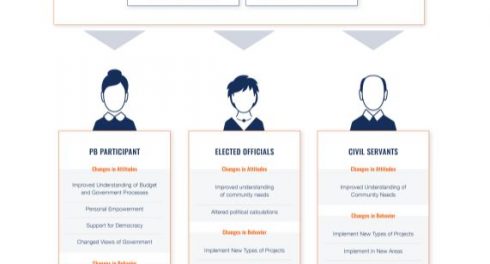
Photo: Unsplash
EVENT OVERVIEW
On 20-21 January, 2015, the Transparency and Accountability Initiative will host a workshop with activists, journalists, technologists and funders seeking new and better ways to use technology to “Follow the Money” and improve accountability.
The ability to understand where money has come from, how it’s used and to whom it goes is vital to a huge range of social goals, such as improving service delivery, combatting corruption, protecting the environment and monitoring political influence.
Technology can provide powerful tools to trace such financial flows, between areas such as contracts, payments, revenues and budgets, between individuals and organisations and between countries. But technology is rarely enough to bring change on its own–tools need to be nested in broader approaches that account for the realities of power. And progress often needs shared approaches and collaboration with new allies.
In our Berlin workshop, participants will:
- Identify concrete potential areas of work for Follow the Money groups, and foster collaborations that can have real impact.
- Share learning about when tech adds value, when it doesn’t, and what it takes to bring real impact. What types of collaboration, capacity-building and funding modalities do we really need?
- Plan new resources to share with others, sourced from the workshop and other practical work done to date.
The areas of potential work will be chosen by the participants but they can focus on problems at different levels: from following spending on local service delivery in specific countries, to tracking how companies and individuals are moving money internationally, to solving collective challenges like standardizing data formats and integrating data sets.
Our work will be guided by the understanding that technology can be central to many new solutions, but that sometimes the most valuable solutions do not rely primarily on tech or on tech alone.
AGENDA DEVELOPMENT
The group will tackle a range of topics, spanning tools, data and approaches. In the days leading up to the Workshop, we’ve identified candidate topics based on participants’ input. As with our prior Workshops, the agenda will continue to be adapted throughout the event itself. But at the moment, working groups may cluster around the following:
Issue-specific challenges
- Reducing the degree that money buys political influence, including work on party and campaign finances
- Reducing illicit financial flows (and under-appreciated licit financial flows) from national budgets, including work on clarifying corporate ownership, and asset tracking/return
- Improving service delivery through better budget allocation and use, at national and sub-national levels
- Improving the impacts of resource extraction revenues.
Location-specific challenges
- Getting a total resource picture in a country/district (all revenue sources, all fiscal flows) and using that to get better accountability and policy-making. How might we pick priority countries to test approaches, and prevent data silos by bringing together people from across sectors and stakeholder types? How do we address “government at different levels”, including silos between central and subnational government units, and breakdowns in service delivery?
Cross-cutting challenges
- Making FTM data accessible and useful to accountability actors: who are our actual users and their real-world use cases? Which users need which types of information, and in what form?
- Making data comparable and inter-operable: Teasing out the differences between standards, interoperability and just “collaborating better” with each other’s efforts and data.
- Toolsets survey: who is using what, and what are the gaps?
- Balancing openness and privacy: who is doing it well, and what are prevailing guidelines?
- Honoring the responsibilities associated with FTM data and protecting activists, including digital security and the ethics of accessing data.
- Dealing with data flood rather than data scarcity.
- What kinds of collective action are needed for both learning and action, and how can this be best organised?
- What kinds of capacity building are top priorities?
- Enumerating commonalities–and naming differences–in data types and FTM approaches between tracking Legal, Illicit, Illegal and Criminal fiscal flows.
- Better communicating what is known and learned, and advocating based on this
- Supporting local-level Follow the Money projects: where are the successes and how can we scale?


